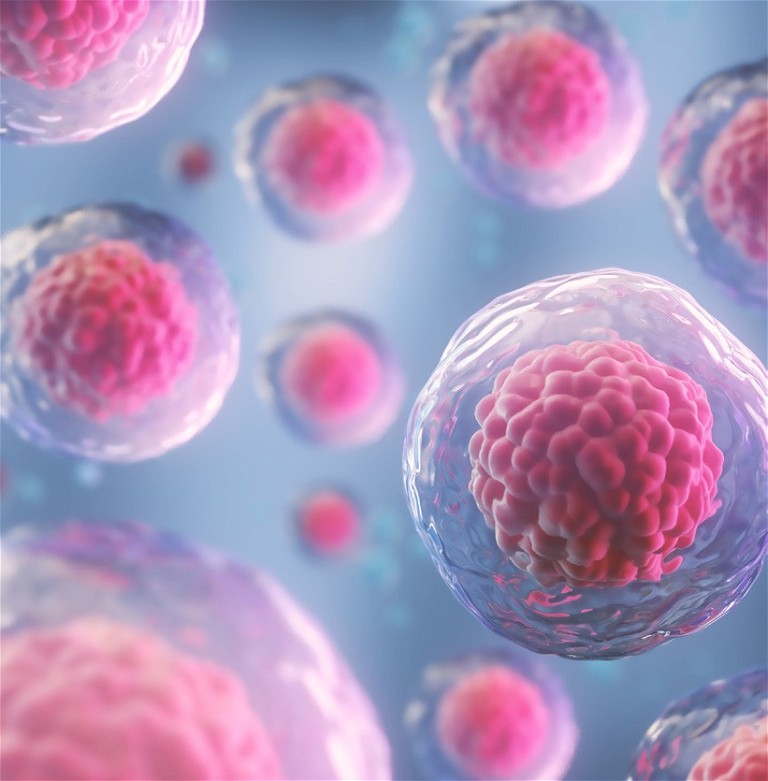Research & Development
New Crohn’s disease treatment could come from neonatal stem cells, research shows
Recent studies from the Ann & Robert H Lurie Children’s Hospital in Chicago have discovered that human neonatal cardiac-derived mesenchymal stem cells can induce wound-healing and reduce inflammation in the digestive system, caused by Crohn’s disease.
The researchers used a mouse model to trial the potential treatment and found that injecting the cells into the inflammatory lesions was a successful method of administration. However, this requires surgical procedures; in order for this treatment to be used officially with humans, researchers would have to develop a safer way for the cells to be received. Doctors intend to inject the stem cells through a vein in the arm, although more animal trials will be necessary before clinical trials can begin. While alternative treatments for Crohn’s disease are available, such as various medication or surgeries for the digestive system, the neonatal mesenchymal stem cells would avoid the severe side effects that typically come with the medication, such as gastrointestinal dysfunction.

Arun Sharma PhD, from the Stanley Manne Children’s Research Institute, commented: “Our results are encouraging and definitely provide a new platform to potentially treat aspects of chronic inflammatory bowel diseases.” He confirmed that the goal is to “utilise cell type as treatment and as a preventive measure before symptoms can develop”, and is sure that the “potential is enormous”.
Researchers on the project believe these cells could be used as possible treatment for other inflammatory diseases and are excited for what this development could mean for the future.